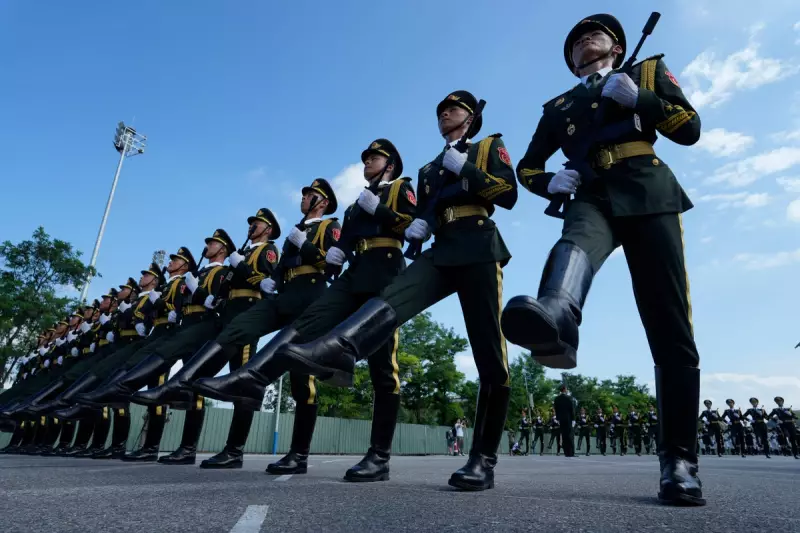
In a significant move that underscores shifting global alliances, Chinese President Xi Jinping is set to embark on a high-stakes diplomatic mission to Russia and North Korea. This tour, analysts suggest, represents a calculated effort by Beijing to solidify its relationships with two key nations often at odds with the West, potentially altering the international balance of power.
The timing of President Xi's visits is particularly telling. As Western nations continue to exert pressure on Moscow over its actions in Ukraine and maintain strict sanctions on Pyongyang for its nuclear programme, China appears to be positioning itself as a counterweight to American and European influence.
Strengthening the Beijing-Moscow Axis
Xi's meeting with Russian President Vladimir Putin is expected to focus on deepening economic and strategic cooperation between the two powers. Despite international condemnation and sanctions against Russia, China has emerged as a crucial economic partner for Moscow, providing a lifeline for its isolated economy.
The relationship has flourished since the outbreak of the Ukraine conflict, with bilateral trade reaching record levels. Energy exports from Russia to China have surged, while Chinese goods continue to flow into Russian markets, helping to mitigate the impact of Western sanctions.
The North Korean Equation
The North Korean leg of Xi's journey marks his first visit to the reclusive state in several years, highlighting the growing importance Beijing places on its relationship with Pyongyang. Chairman Kim Jong Un has increasingly relied on Chinese support as international isolation has tightened around his regime.
This visit comes amid heightened tensions on the Korean peninsula, with North Korea continuing to test ballistic missiles and nuclear capabilities despite United Nations sanctions. China's role as Pyongyang's primary benefactor gives it considerable influence over Kim's regime, though Beijing has often walked a fine line between supporting its ally and enforcing international non-proliferation efforts.
Strategic Implications for Global Politics
Xi's diplomatic offensive signals China's intention to create an alternative geopolitical bloc capable of challenging Western dominance. By strengthening ties with both Russia and North Korea, Beijing is constructing a network of relationships that could provide mutual support in confronting what these nations often describe as "Western hegemony."
This strategic pivot occurs against a backdrop of deteriorating relations between China and many Western nations, particularly the United States. Issues ranging from trade disputes and human rights concerns to competing territorial claims in the South China Sea have created persistent tensions.
The outcome of these meetings could have far-reaching consequences for international security architecture, economic stability, and the effectiveness of Western-led sanctions regimes. As these three powers draw closer together, the traditional centres of global influence may need to recalibrate their approaches to diplomacy and international relations.





